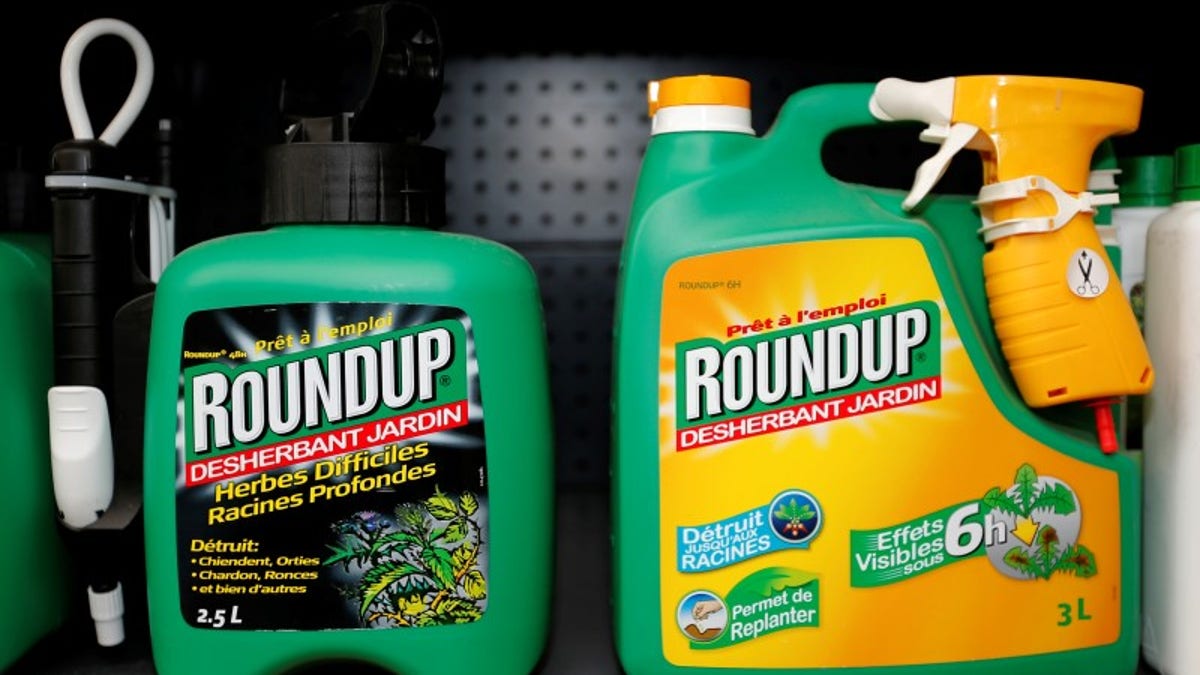
Monsanto's Roundup weedkiller atomizers are displayed for sale at a garden shop at Bonneuil-Sur-Marne near Paris, France, June 16, 2015. REUTERS/Charles Platiau (Copyright Reuters 2016)
Nearly a year after the World Health Organization (WHO) said glyphosate can “probably” cause cancer, the Food and Drug Administration (FDA) has announced that it will begin testing foods for residue of the most commonly used agricultural chemical in the world.
The FDA said Thursday that it would begin the testing for glyphosate in soybeans, corn, milk, eggs and other foods for the first time this year, Newsweek reported. The agency hasn’t historically conducted the testing due to cost and labor restrictions.
“Also, glyphosate levels, if present in genetically engineered corn and soybeans, are likely to be reduced by the processing done to those foods,” FDA press officer Lauren Sucher told Newsweek.
The most commonly used weed killer, Roundup, contains the active ingredient glyphosate. Monsanto Co, which manufactures Roundup, has found itself in a slew of legal battles with farmers who say the exposure to the chemical caused their cancer.
Monsanto, meanwhile, denies that glyphosate is a carcinogen.
"The most extensive worldwide human health databases ever compiled on an agricultural product contradict the claims in the suits,” Monsanto spokeswoman Charla Lord told Reuters.
While some European countries like Denmark, Sweden, France and the Netherlands have imposed restrictions that aim to limit humans’ direct contact with Roundup, in 2013 the EPA raised the threshold for which humans can be exposed to glyphosate in some foods, Newsweek reported.
A study published in the February edition of the journal Environmental Sciences Europe suggests that glyphosate has become the most widely used agricultural chemical worldwide. Since its introduction in 1974, 9.4 million tons— equal to about half a pound per cultivated acre of land globally— of glyphosate has been sprayed onto fields.
Reuters contributed to this report.